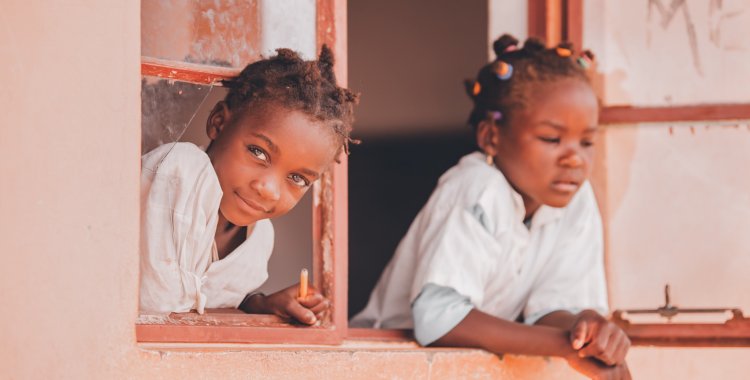The head of the Department of Violence Prevention and Protection of Children's Rights at the National Children's Institute (Inac), Bruno Pedro, considers the problem that affects the entire country and social classes to be serious, with a greater emphasis on the provinces of Luanda (2102), Benguela (1281), Huila (246) and Huambo (562).
According to Bruno Pedro, the cases range from teachers, (religious) pastors, journalists, taxi drivers, police officers and military personnel, with these two professional classes being the most reported.
"We are pleased because there is now a very strong collaboration with these two bodies [police and armed forces], because all situations, as soon as those responsible become aware of them, on the one hand, report them and forward them here. On the other hand, we have been repeatedly asked to carry out awareness-raising and information work", he noted.
"Evading paternity (...) has been the most common type of violence against children in our records," said Bruno Pedro.
According to the social worker, the problem is serious, because the absence of the father and, in some cases, also abandonment by the mothers, leaves traumas in the children who can become future citizens "deprived of several skills to live socially".
"Today, we look at the crisis within families and society, but we need to ask ourselves what kind of citizens we have, given that a good number of them come from a context in which they were victims of the escape from fatherhood," he stressed.
For Bruno Pedro, the numbers are below reality, despite the increase in reports, highlighting that there is an increase in the number of children on the streets, who say they have families.
"We have situations in the neighborhoods where many children are walking around unaccompanied at night, crossing from one province to another alone. We recognize that this is a very fragile environment that gives rise to many children being victims of kidnapping, trafficking, sexual abuse, being run over and other things", he said.
The family environment and family skills need to be strengthened, the official continued, adding that the reasons given for avoiding paternity include unemployment, insufficient resources when finding another family, doubts about paternity, and disputes over child custody, among others.
"We have specific situations of parents, even parents with higher education, who simply do not accept assuming paternity because they believe that this child is the result of a situation of witchcraft or something related to that, there are several situations", he highlighted.
Although lawyers separate the cases, considering the escape of paternity as a lack of legal recognition of children distinct from the lack of provision of alimony, INAC combines the two realities, recognizing that the number of those who do not provide support for their children is greater.
"This [civil registration] also concerns us. Registration is important to ensure that she has access to other rights, but the lack of provision of alimony is decisive for the child's life," he commented.
In 2024, according to Bruno Pedro, there was also concern about the increase in cases of child labor exploitation (2875), physical violence (1722), psychological violence (875), sexual violence (649), among other cases related to violence against children.
"We really need to raise awareness, because there is an awareness of the normalization of violence against children, which we need to demystify," he urged.
"Many times it is a lack of information, training, people's legal culture, knowledge about developmental psychology (...) there are children who may come into the world with some disability, they may be autistic, and because we don't understand this we blame them of witchcraft," he noted.







